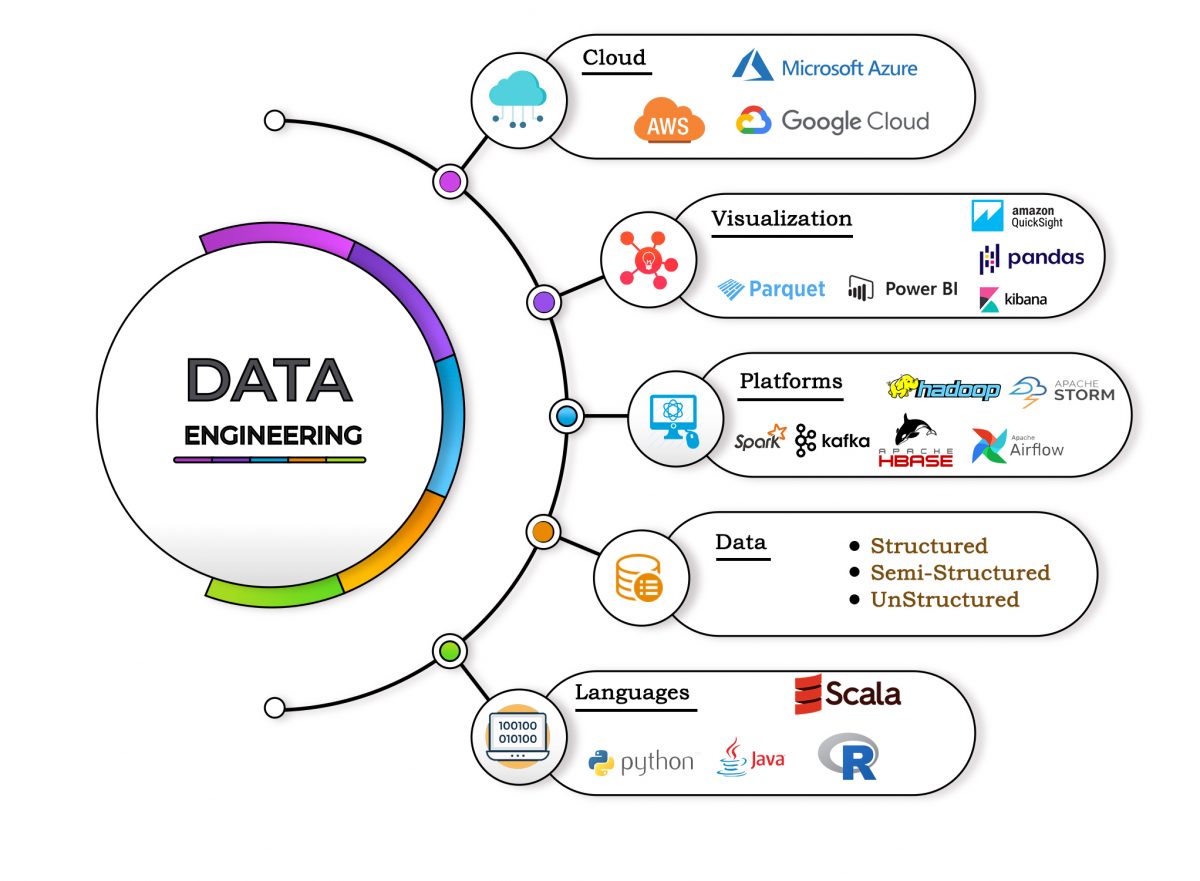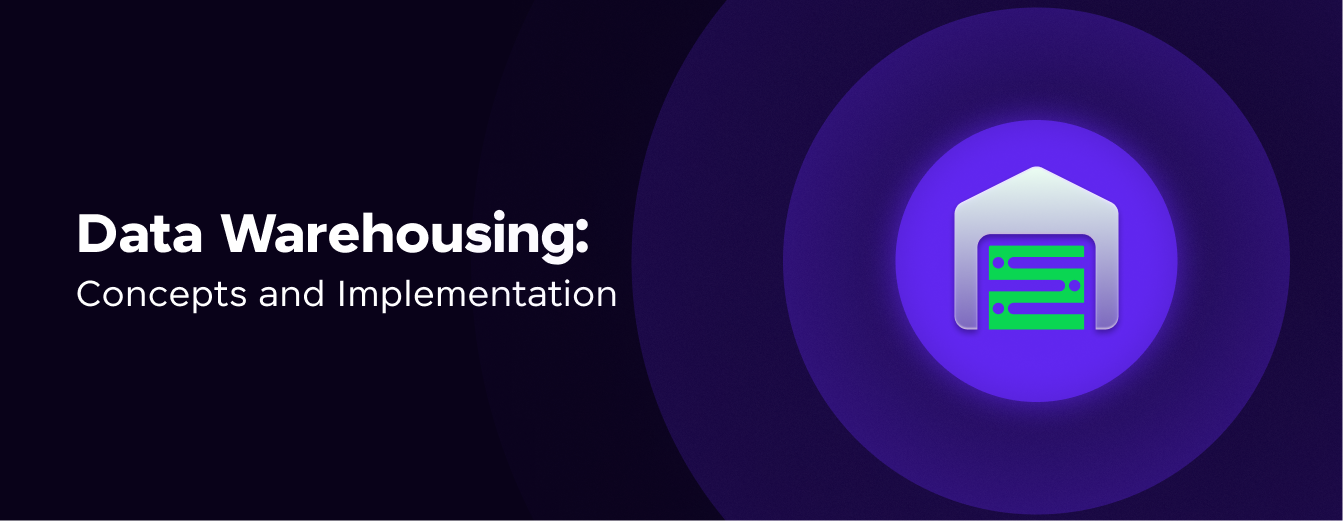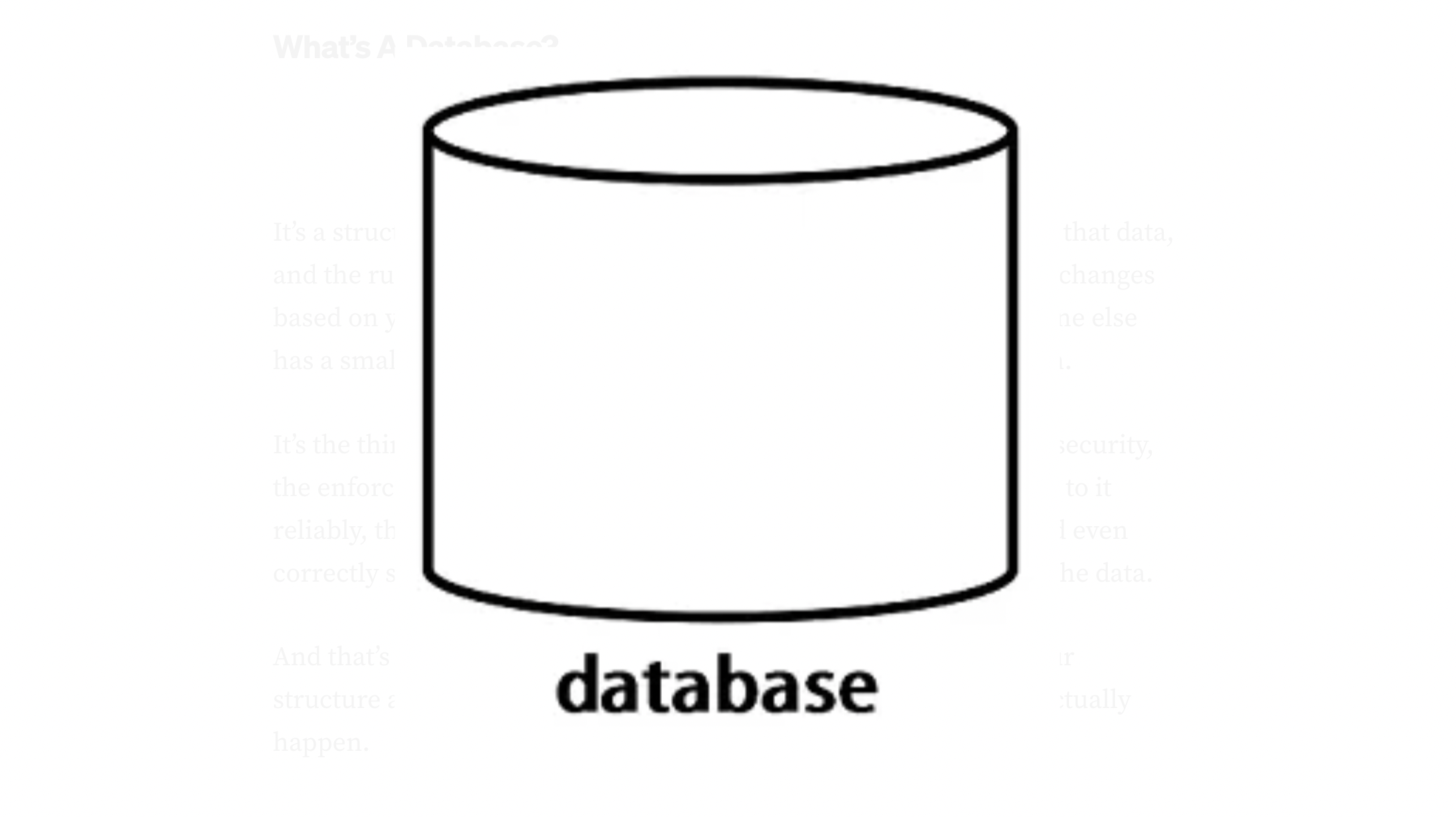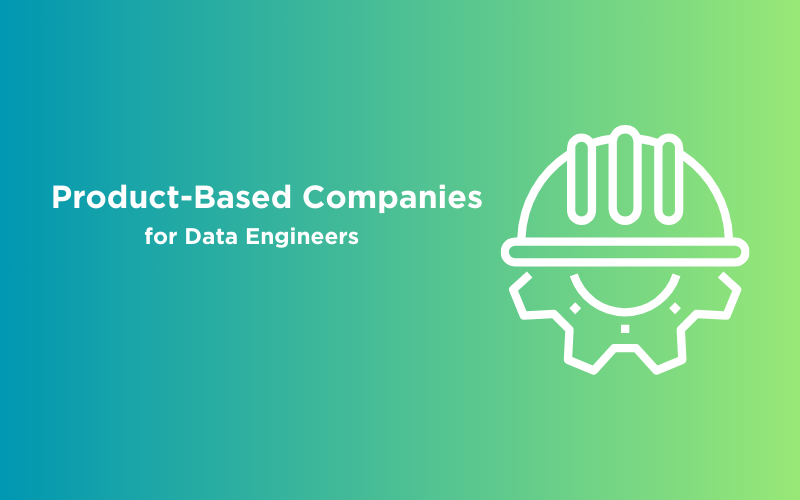
What Is a Data Engineer? A Complete Guide to this Data Career
Apr 16, 2024 3 Min Read 2535 Views
(Last Updated)
In this article, we’ll explore one of the top careers in data science. We’ll talk about becoming a data engineer. Through this blog, You’ll discover who the data engineer is, what they do, how much they make, and what education and skills you need to become one.
So without further ado, Let’s talk about the data engineer and everything you need to know about that career path.
First things first – data engineer is just one of the most coveted data science job roles out there, so keep in mind the other options too: Data analyst; BI analyst; data engineer; data architect; and, of course, data scientist. So who’s the data engineer, and what sets them apart from everybody else in the data science niche?
Table of contents
- What is Data Engineering?
- So how does all this responsibility translate into the data engineer's salary?
- What does it take to become a data engineer?
- The Right Education
- Skills and Qualifications.
- Practical skills?
- Cognitive Approach
- Soft Skills
- Wrapping up
What is Data Engineering?
Data engineering is the most technical profile of data science. Data Engineers rely on a blend of analysis, experience, wisdom, and decision-making abilities to make key decisions for a company’s growth. A data engineer is a self-starter who is inclined to complete more than your usual number of tasks. They are responsible for laying the foundation for the storage, acquisition, management, and transformation of data in an organization.
Data engineers are the ones who take things up a notch for the data science pipeline. They use the data architects’ work as a stepping stone and then preprocess the available data. These are the people who ensure the data is clean and organized and ready for the analysts to take over.
Data engineers also implement complex, large-scale big data projects with a focus on collecting, managing, analyzing, and visualizing large datasets.
Well, they are the ones turning it into insights via various techniques, tools, and cloud-based platforms. You might think that’s enough work for one day. Well, Not for the data engineer.
Data engineers are also responsible for creating as well as maintaining ETL pipelines that make crucial data accessible for the entire organization. And when they get a minute, they lend a helping hand to BI analysts by designing and supporting BI platforms. Who ensures that all big data applications are available and thus performing in an efficient manner.
Moreover, data engineers are great team players. A data engineer is familiar with actively collaborating with data scientists and executives to build solutions and platforms that meet, or even exceed a company’s business needs.

Before we move to the next part, you should have a deeper knowledge of data engineering concepts. You can consider enrolling yourself in GUVI’s Data Engineering Career Program, which lets you gain practical experience by developing real-world projects and covers technologies including data cleaning, data visualization, Infrastructure as code, database, shell script, orchestration, cloud services, and many more.
Additionally, if you would like to explore Data Engineering and Big Data through a Self-paced course, try GUVI’s Data Engineering and Big Data self-paced course.
So how does all this responsibility translate into the data engineer’s salary?
We studied Glassdoor and other Job Portals to give you a concrete answer. In India, the average pay for an entry-level data engineer is ₹9,00,000. Of course, once you hit the seniority or 4-6 years experience mark, you can expect your compensation to rise to ₹20,00,000 per annum (plus, you’ll be eligible for additional bonuses ₹1,00,000). And it even gets better! Big data, big rewards! Needless to say, the salary varies with companies. While companies like Infosys, Wipro & TCS offer an average of ₹7,00,000 per annum, Global companies like Amazon and Shell pay handsome salaries of around 10 to 14 Lakh per annum.
What does it take to become a data engineer?
The data engineer path is one of the best choices you can make if you’re driven to succeed in data science. But what if you’re new to the field and you’re not sure you’ve got what it takes to get there? Don’t worry. Here are the steps that will lead you to a data engineer career.

The Right Education
What academic background do you need to become a data engineer? Obviously, a degree in software engineering, computer science, or information technology will give you a flying start. However, if that’s not the case, you can still make the cut.
But you still need skills in computer programming and software design, statistical modeling and regression analysis, Python, SQL, and Machine learning.
Now, before you rush into writing off your dream job, you should know that acquiring these skills is absolutely possible, even for complete beginners.
Today, there are plenty of qualification programs and online certificate data science training.
Once you complete the courses and gain experience with real-world exercises and projects, you will have the skills, confidence, and portfolio to apply for a data engineer position.
Skills and Qualifications.
What do you need in this department to become a data engineer?
Well, as we mentioned, a data engineer job comes with certain (many) responsibilities. So, here’s a list of competencies and skills you need to become a data engineer who knows their stuff.
Technical skills
For a data engineer, knowledge of data modeling for both data warehousing and Big Data is a must, along with experience in the Big Data space (Hadoop Stack like M/R, HDFS, Pig, Hive, etc.).
Secondly, the ability to write, analyze, and debug SQL queries will help you score high on any employer’s recruitment list. Make sure you gain some experience with at least one scripting language, for example – Python. And don’t forget the basics – Mathematics is never out of style in the data science competitive universe!
Practical skills?
That is, of course, considering you have acquired the above-mentioned prerequisites of data engineers. In practical skills, you need to Hone your data visualization skills (make Tableau or PowerBI your best friend)
Cognitive Approach
Ability to make sound decisions, even in the absence of complete information; You must make sure you follow through on commitments and make sure others do the same.
Personal responsibility for decisions, actions, and failures; Establishment of clear processes for monitoring work and measuring results; Design of feedback loops into work; Strong attention to detail; Ability to think critically and conceptually.
Soft Skills
Soft skills are just as important, So you’ll need to develop very strong communication skills in a variety of communication settings.
That means more than a meet-and-greet in one-on-one meetings, and small and large group gatherings among diverse styles and position levels.
Now you know what it’s like to be a data engineer and how to get there!
However, better preparation means higher chances of success, so if you feel like you still need additional career advice and a more detailed analysis of the career opportunities in data science – we wrote a very long article. You can access it here.
Kickstart your career by enrolling in GUVI’s Data Engineering Career Program where you will master technologies like data cleaning, data visualization, Infrastructure as code, database, shell script, orchestration, and cloud services, and build interesting real-life cloud computing projects.
Alternatively, if you want to explore Data Engineering and Big Data through a Self-paced course, try GUVI’s Data Engineering and Big Data Self-Paced course.
Wrapping up
If you want to learn more, we have devised a structured, vetted roadmap program for all data enthusiasts. It is a mentor-led Live program to take you from beginner level to advanced proficiency in Data Engineering.

























Did you enjoy this article?